I nodded. My knowledge of Athena during the Civil War was sketchy, but in elementary school we had heard tales of the depredations of the Union army in the winter of 1863. Our teacher, Mrs. Bondurant, had seemed so old to us at the time, we figured she was speaking from personal experience. I discovered later, when I was older and possessed a better sense of a person’s age, that Mrs. Bondurant was only thirty-eight and her grandmother, a Confederate widow, was the source of her stories.
“I’m sure there will be graduate students in the history department eager to examine them,” I said. “The Southern history students are always looking for local primary sources for their theses and dissertations.”
“Excellent,” Mrs. Long said. “My husband and son will be delighted to hear it. They’re both avid readers of history, particularly of Southern history.”
“Do you have a few minutes, while I make a quick examination of the volumes?” I asked. “I can give you a rough idea whether we will need to do any conservation work with them.”
Mrs. Long consulted her watch. “I have about ten minutes before I need to be back in my office.”
“Good.” I opened the cover of the volume on my desk with a gentle touch. The inch-thick binding was loose enough so that the cover lay open on the desk without strain. I wrinkled my nose at the smell, but I knew I would soon become accustomed to it. The more the volumes were allowed to air out, the more the odor would dissipate.
The first page of the diary had only a few words in a small, but elegant, hand. I recognized the slightly tilted lettering as Copperplate, a style of handwriting popular in the nineteenth century. The words proclaimed this as the diary of Rachel Adeline Afton, aged sixteen, with the date July 4, 1854. The paper was yellowed but still in good condition. I suspected that it was the more expensive rag paper rather than the cheaper wood pulp. The latter would have turned brown and brittle years ago and begun to disintegrate.
I turned pages carefully and skimmed the contents as I went. There were no blemishes I could see, no water stains, mold, or mildew. Overall, the diary appeared to be in remarkably good condition, other than the state of the binding and the worn cover. “If the other volumes are in similar condition,” I said, “then everything should be fine. Conservation work will be minimal, though we will store them in archival folders. The paper is acid-free and won’t affect the contents.”
“That sounds fine.” Mrs. Long smiled briefly. “We are placing no restrictions on these diaries, Mr. Harris. We want scholars to be able to use the contents for their work.” She stood and passed the tote with the other volumes to me.
I took the bag and pulled out the three remaining manila envelopes, each with a diary inside. “That’s excellent news. As soon as I’ve had the time to check each one more thoroughly, I’ll let the history department know about them.”
“They are already aware of the gift,” Mrs. Long said. “One of my husband’s good friends—and mine as well—is Professor Howell Newkirk. He was dining with us last night, and I happened to mention it to him.”
“I see.” That was unexpected news. I was acquainted with Dr. Newkirk. He was elderly, irascible, and pushy. He was also the most eminent historian on the Athena faculty, and he knew it. He demanded, and was usually given, what he wanted. I was surprised he wasn’t already in my office asking to see the diaries.
Mrs. Long smiled. “I know Howell can be, well, rather insistent on things, but I suggested that he give you a few days with the diaries before he assigned a student to work on them.”
“Thank you,” I said. “Then I will make sure they are ready sooner rather than later.”
“Excellent,” Mrs. Long said. She hesitated a moment before she continued. Her eyes focused like lasers on me. “You might be aware that my son, Beck, plans to run for office in the near future. Also that he is facing a challenge. Rachel Afton Long was an extraordinary woman, and the more the voters know about the history of the Long family and its achievements and triumphs, the more they will want to see a member of the family in office.”
With that, she nodded, gathered up her purse, and departed.
I stared at the pile of diaries on my desk. Why would the mayor think that Rachel Long’s writings could affect the outcome of a twenty-first century political race?



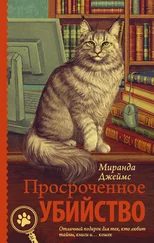
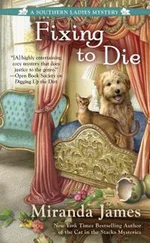



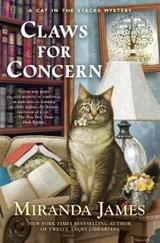
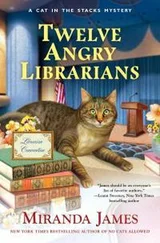
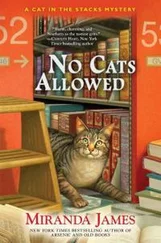
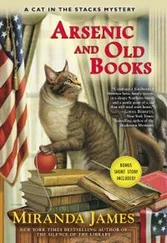
![Джеймс Чейз - Safer Dead [= Dead Ringer]](/books/430347/dzhejms-chejz-safer-dead-dead-ringer-thumb.webp)